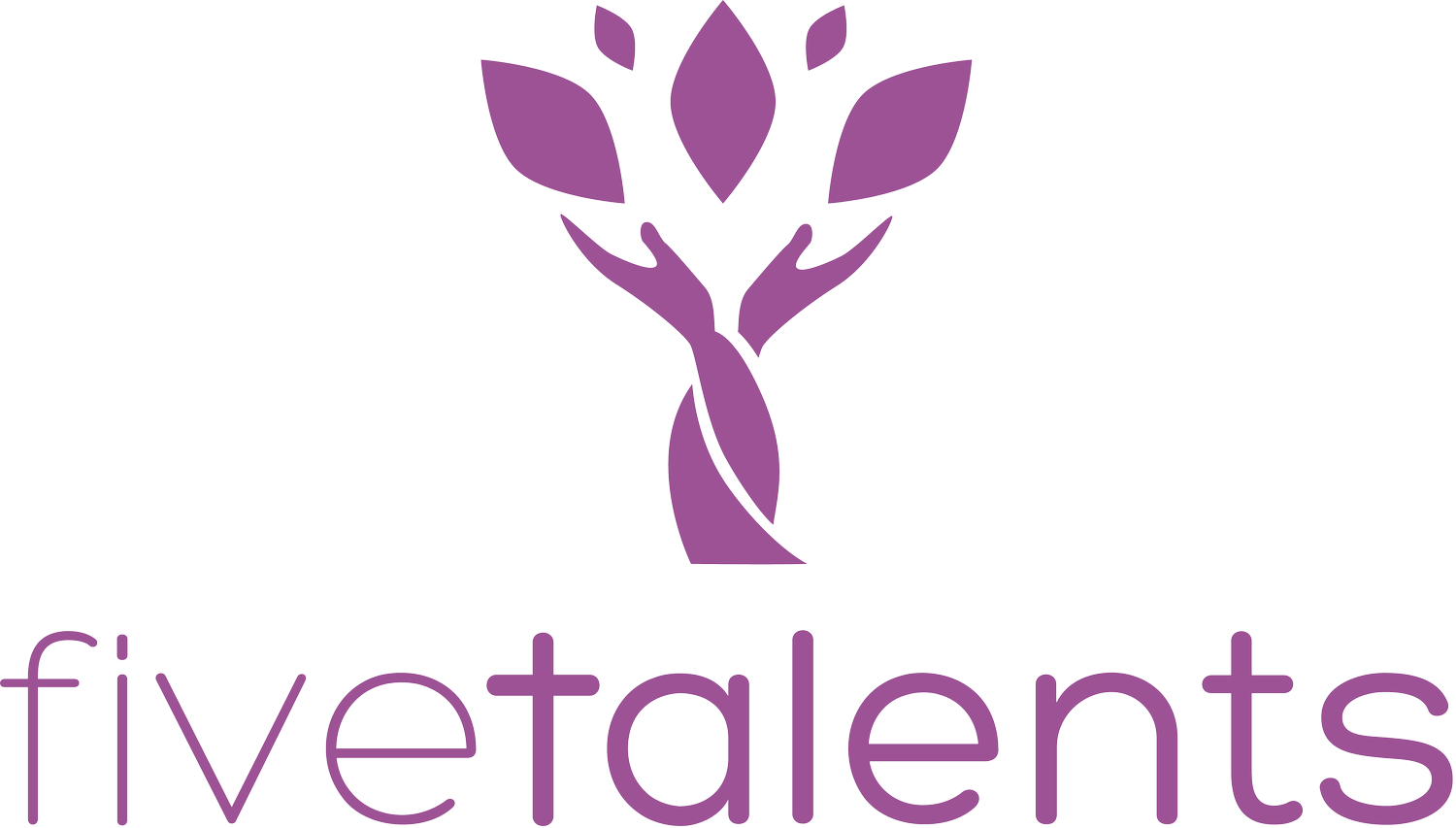Worldwide, extreme poverty has been reduced significantly in many countries. The human development progress over 1990–2017, in terms of the United Nations’ Human Development Index (HDI) values, has been significant, and the number of people worldwide in low human development fell from 60 percent to only 12 percent. Across the world on average, people are living longer, are more educated, and have greater livelihood opportunities. The average lifespan is seven years longer than it was in 1990, and more than 130 countries have universal enrolment in primary education.
Serving the World’s Most Vulnerable
But in the countries where Five Talents works, the picture is very different. Two of the poorest countries in the world are Burundi and South Sudan. And all the areas where we work still include great poverty. In low human development countries, 48 percent of adults are illiterate, and only 17 percent of the population has access to the Internet. The disparity is greatest among women, and the gender gap is widest in low human development countries.
So, we are at a fork in the road. The lives of people in these countries who experience the greatest poverty are very fragile, especially during a pandemic. In the years ahead, some could join the countries experiencing great improvements, and some could remain as they are--or move deeper into poverty--along with the associated suffering and death that extreme poverty brings. Our job is to do everything we can to help them move into the group of millions living better lives.
There is no shame in being poor. And in almost all cases, our program participants are not poor because of any fault of their own. We at Five Talents believe our role to be part of the solution, to support the local leaders in these countries that are making a huge difference. Thank you for walking with us and being part of the solution, too.
Until next Monday morning,
Dale Stanton-Hoyle,
Executive Director

